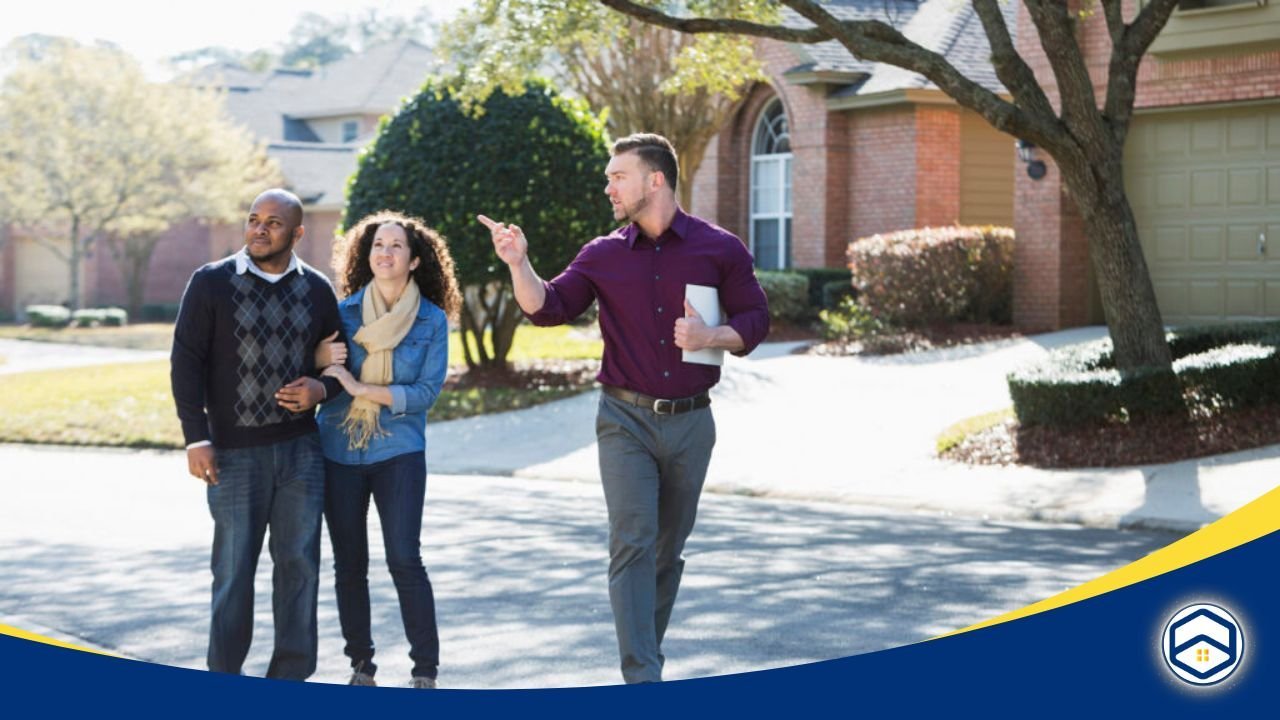Understanding your neighborhood is more than just knowing where the closest grocery store is. Becoming a neighborhood expert can help you build a stronger connection to your community, provide insights into local real estate trends, and offer valuable information to others. Whether you’re a real estate agent, a community organizer, or just an interested resident, this comprehensive guide will help you become a neighborhood expert. Let’s explore the steps you can take to deepen your knowledge and establish yourself as a local authority.
Why Become a Neighborhood Expert?

To become a neighborhood expert, you need to embark on a transformative journey that brings a range of personal and professional benefits. Understanding the nuances of your local area can deepen your connection to the community, offer valuable insights for real estate professionals, and even contribute to personal growth. Here’s an in-depth exploration of why it’s a worthwhile endeavor to become a neighborhood expert.
-
Community Engagement
When you become a neighborhood expert, you gain a deeper understanding of your local area, making you more likely to engage with residents and businesses. This connection fosters a strong sense of community, making you an integral part of the social fabric. By knowing the local hotspots, events, and unique characteristics, you become the go-to person others turn to for guidance and recommendations. This level of community engagement can lead to lifelong friendships and a greater sense of belonging.
-
Real Estate Insights
If you’re in the real estate business, becoming a neighborhood expert can give you a competitive edge. Clients are increasingly seeking agents who know not just the properties, but also the community dynamics. When you can provide insights into schools, public transportation, local businesses, and safety, you become invaluable to those looking to buy or sell homes. Your deep knowledge of the area can also help you identify emerging trends, allowing you to advise clients on the best investment opportunities.
-
Resources for Others

When you become a neighborhood expert, you become a go-to resource for newcomers. Whether they’re moving to the area for work, school, or other reasons, people often need guidance on where to live, shop, eat, and socialize. Your expertise can make their transition smoother, providing them with confidence and a sense of comfort. This role as a resource can also open doors to new opportunities, such as public speaking or local leadership roles.
-
Personal Growth
Learning about your neighborhood’s history, culture, and dynamics can be incredibly rewarding. As you delve into the stories and heritage of the area, you gain a deeper appreciation for the place you call home. This process can lead to personal growth, broadening your horizons and enhancing your understanding of different cultures and traditions. It can also spark new interests, such as local history or community activism.
-
Business Opportunities
Beyond real estate, becoming a neighborhood expert can lead to a variety of business opportunities. Local businesses often seek partnerships with knowledgeable individuals to promote their products or services. You could become a community ambassador, representing brands that align with your neighborhood’s identity. Additionally, your expertise might attract media attention, leading to interviews, articles, or even consulting roles.
-
Contribution to the Community
Finally, when you become a neighborhood expert, you’re contributing to the betterment of your community. Your knowledge can help identify areas for improvement, from public safety to local amenities. By sharing your insights, you can encourage positive changes that benefit everyone. This sense of purpose can be deeply fulfilling, knowing that you’re making a difference in the lives of those around you.
Steps to Become a Neighborhood Expert

To become a neighborhood expert, you need to immerse yourself in the community, gather information, and build relationships. This comprehensive guide will help you understand what it takes to establish yourself as a local authority. Here are the key steps to become a neighborhood expert:
1. Know Your Geography
Start by learning the layout of your neighborhood. Familiarize yourself with the boundaries, major streets, parks, schools, and public transportation options. Use online maps, local directories, and even drone footage to get a comprehensive view of the area. Walk, bike, or drive around to experience the community’s atmosphere and identify unique landmarks. This firsthand exploration will give you a deeper understanding of the neighborhood’s physical layout, helping you navigate with confidence.
2. Study Local History and Culture

Research the history of your neighborhood to understand its origins, significant events, and cultural heritage. This involves visiting local museums, historical societies, and libraries to gather information. Engage with older residents and community historians to learn personal stories and anecdotes. Knowing the area’s history provides context and depth, allowing you to appreciate its evolution over time. This knowledge also helps you connect with long-term residents, building rapport and trust.
3. Engage with Local Businesses
Local businesses are the heartbeat of a neighborhood. Visit shops, restaurants, cafes, and other establishments to get to know the owners and employees. These interactions offer insights into the neighborhood’s economy, popular trends, and social dynamics. Supporting local businesses also fosters a sense of community and strengthens your connections with key stakeholders. Attend business events, join local business associations, and consider hosting or sponsoring community activities to deepen these relationships.
4. Attend Community Events
Community events are excellent opportunities to meet residents, learn about local issues, and establish yourself as an engaged member of the community. Participating in festivals, fairs, public meetings, and charity events can help you become a neighborhood expert by providing a platform to interact with a diverse range of people and understand their needs and interests. Consider volunteering for local organizations or assisting in event planning to increase your involvement and visibility, further solidifying your status as a neighborhood expert.
5. Connect with Neighborhood Organizations

Neighborhood associations, community groups, and local government agencies are valuable sources of information. Attend their meetings, join committees, and contribute to community projects. These connections will keep you informed about neighborhood developments, zoning changes, and other local issues. By becoming an active participant in these organizations, you can also influence community decisions and share your expertise with others.
6. Stay Informed with Local News
To maintain your status and truly become a neighborhood expert, you need to stay updated on local news and trends. Follow local news outlets, blogs, and social media groups that cover neighborhood happenings. This practice helps you remain informed about current events, real estate trends, new businesses, and community issues. Sharing relevant information with others not only demonstrates your expertise but also helps you build a following. Consider creating a newsletter or a social media account dedicated to your neighborhood to share news and insights, reinforcing your reputation as a neighborhood expert.
7. Build Relationships with Local Experts
Connecting with local experts, such as real estate agents, business owners, and community leaders, is crucial to expanding your network. These relationships provide valuable insights and opportunities for collaboration. By networking with other experts, you can learn from their experiences and gain credibility within the community. Attend networking events, join professional associations, and engage in collaborative projects to strengthen these relationships.
8. Share Your Expertise
To truly become a neighborhood expert, it’s crucial to share your growing knowledge with others. As you learn more about your neighborhood, consider writing articles, creating social media content, or starting a blog to showcase your insights. These platforms allow you to connect with a broader audience and demonstrate your expertise. Additionally, consider offering guided tours or hosting workshops to engage with the community and solidify your role as a neighborhood expert. The more you share your knowledge, the more you establish yourself as a trusted resource, paving the way for further opportunities for engagement and collaboration.
Conclusion
Becoming a neighborhood expert is a rewarding journey that involves engaging with your community, building relationships, and continually learning. By following these steps, you can establish yourself as a trusted source of information and make a positive impact on your neighborhood. Whether you’re looking to advance your career, build a stronger community, or simply learn more about your surroundings, these strategies will help you become a neighborhood expert.










